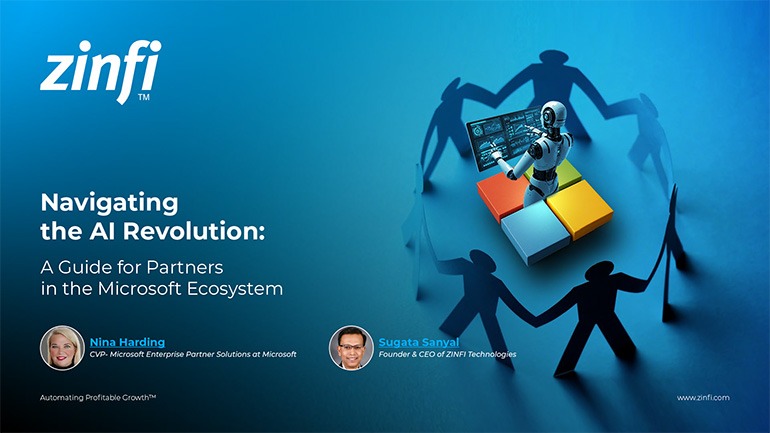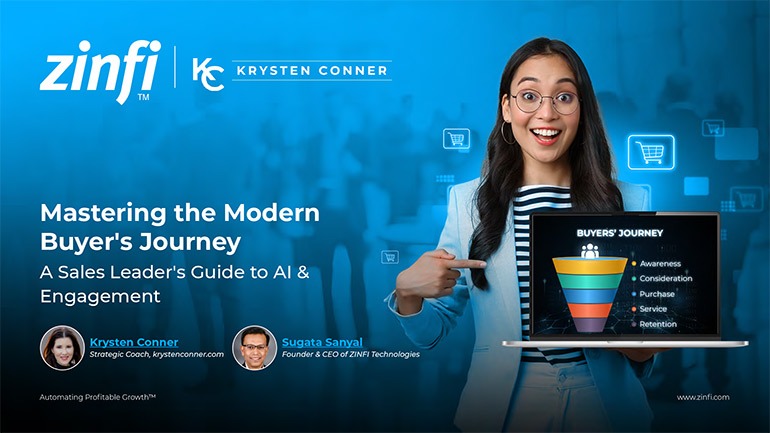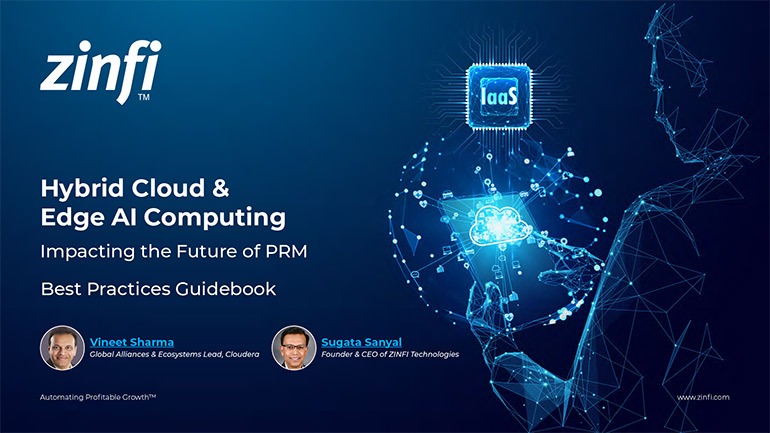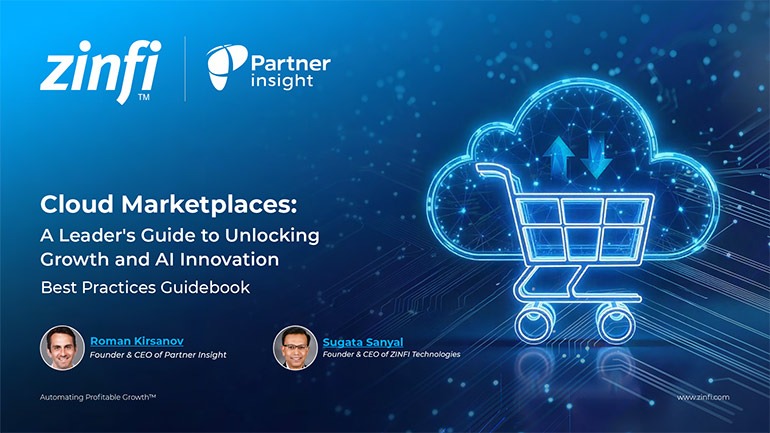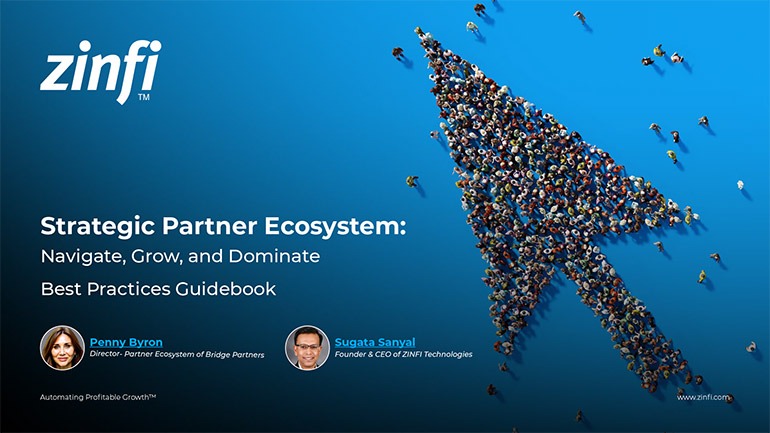Glossary - What is - Retention Strategies
What Are Retention Strategies?
Retention strategies refer to the methods and tactics organizations use to keep their customers or employees engaged and committed over time, thereby reducing turnover and fostering loyalty. These strategies are essential in business as they help maintain a stable customer base and workforce, which is crucial for sustained growth and profitability. Retention is significant because acquiring new customers or hiring new employees often involves higher costs and resources than maintaining existing relationships.
In the context of partner ecosystem management and partner management automation, retention strategies play a pivotal role. They ensure that channel partners remain motivated and productive. Effective retention involves continuous engagement and incentives, tailored communication, and the use of automation tools to streamline and personalize partner interactions. By applying these strategies, companies can enhance their partner ecosystems, improving overall performance and driving mutual growth.
Key Takeaways:
- Enhancing Partner Engagement: To effectively retain partners, organizations must prioritize engagement. This involves regular communication, training, and support, ensuring that partners feel valued and informed. Automation tools provided by platforms like ZINFI can facilitate streamlined workflows and personalized content distribution, enhancing interaction quality.
- Implementing Incentive Programs: Reward and recognition programs are crucial for partner retention. By setting clear and achievable rewards, companies can motivate partners to perform better and stay engaged longer. ZINFI’s solutions for managing incentives offer customizable frameworks that cater to diverse partner ecosystems, making it easier to administer tailored incentive programs.
- Providing Training and Certification: Continuous education and certification opportunities help keep partners’ skills up-to-date and improve their ability to sell or support products effectively. ZINFI’s Learning Management System (LMS) allows companies to deliver targeted training programs that are scalable and measurable, aiding in partner development and retention.
- Regular Performance Analysis and Feedback: Regular assessment of partner performance and structured feedback are crucial to maintaining a healthy ecosystem. Utilizing ZINFI’s analytics and reporting tools, companies can provide constructive feedback and recognize partner achievements, which reinforces positive behavior and fosters a culture of continuous improvement.
- Customizing Partner Experiences: Tailoring experiences based on the unique needs and behaviors of each partner leads to higher satisfaction and loyalty. ZINFI’s Partner Relationship Management (PRM) software supports the customization of marketing content and sales strategies, ensuring that partners receive relevant and engaging information.
Summary of Takeaways:
Effective retention strategies are vital for sustaining a healthy partner ecosystem. They focus on enhancing partner engagement, implementing structured incentive programs, and providing continuous training. Regular performance reviews and customized experiences contribute significantly to partner satisfaction and loyalty. By leveraging automation tools like those offered by ZINFI, companies can streamline these processes, making them more efficient and impactful.
Key Examples:
- Automotive Manufacturing: In automotive manufacturing, retention strategies can include exclusive access to OEM parts and specialized training on new models for service partners, ensuring they remain equipped and motivated to provide outstanding service.
- Consumer Electronics: Retention in consumer electronics often focuses on keeping resellers and repair centers well-informed about product updates and technology enhancements through regular training sessions and newsletters.
- Energy Production: In the energy sector, retention may involve long-term contracts and incentives for distributors that meet renewable energy targets, aligning partner objectives with industry standards.
- Financial Services: Financial services firms might use retention strategies that offer partners continuous training in regulatory compliance and financial products, ensuring they remain competent and confident in selling services.
- Food and Beverage: For food and beverage, strategies could include exclusive marketing support and regional brand promotions to help distributors and retailers increase sales and visibility.
- Healthcare Services: Retention strategies in healthcare might focus on providing ongoing training in new medical procedures and technologies, helping healthcare providers maintain high standards of care.
- Information Technology: In IT, retention strategies can include access to beta software and new technologies, enabling partners to stay ahead in a highly competitive field.
- Pharmaceutical Development: For pharmaceuticals, retention efforts may involve collaborative drug development programs that keep research partners engaged and invested in shared outcomes.
- Retail Industry: In retail, strategies could involve exclusive product launches and loyalty discounts for long-standing partners to encourage ongoing collaboration and sales.
- Telecommunications: Telecommunication companies might offer partners advanced training in new technologies like 5G to keep them at the forefront of industry developments.
Conclusion:
Retention strategies are fundamental in managing and nurturing a robust partner ecosystem. These strategies help maintain meaningful relationships and encourage continuous engagement and loyalty from partners. Companies can ensure stability and growth in their partner networks by implementing effective retention strategies. This involves a blend of engagement tactics, rewards, personalized experiences, and continuous learning opportunities; all made more efficient through automation technologies like those provided by ZINFI. As these practices are adopted across various industries—from automotive manufacturing to telecommunications—they help organizations maintain competitive advantages and adapt to evolving market demands.
Associated Keywords:
- Partner Retention
- Engagement Strategies
- Loyalty Programs






